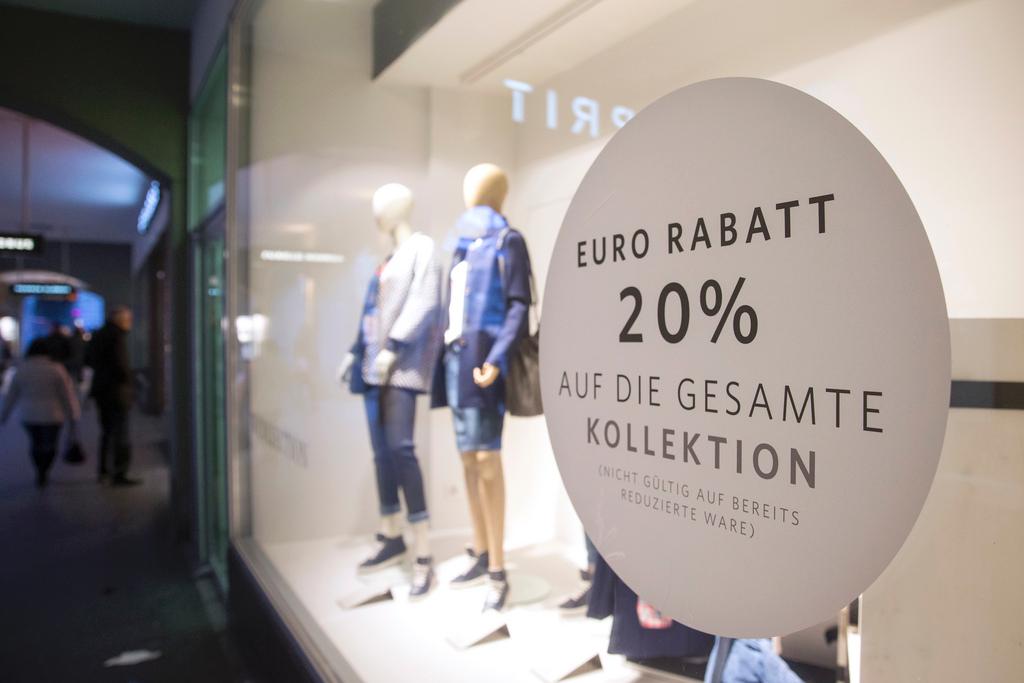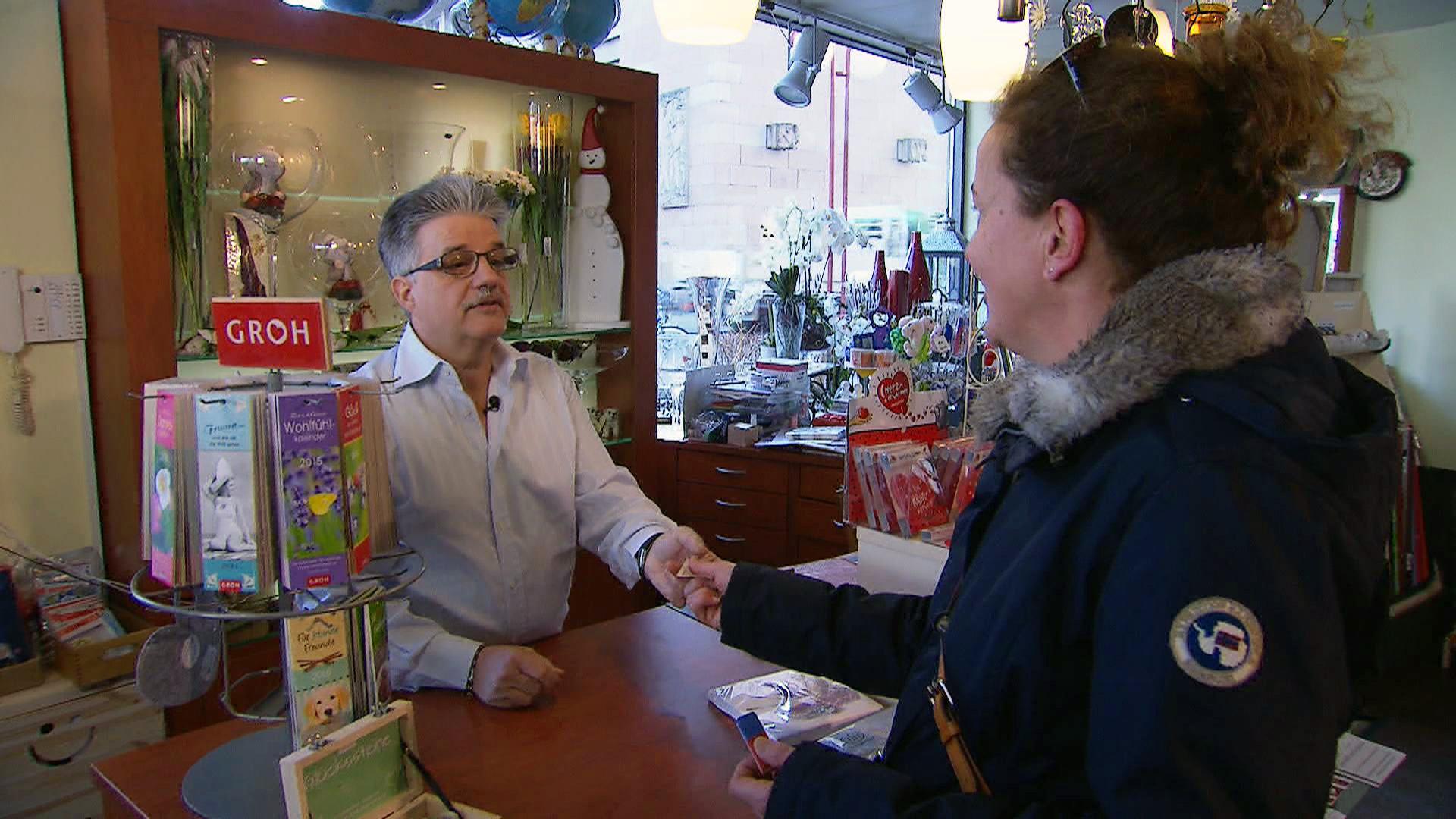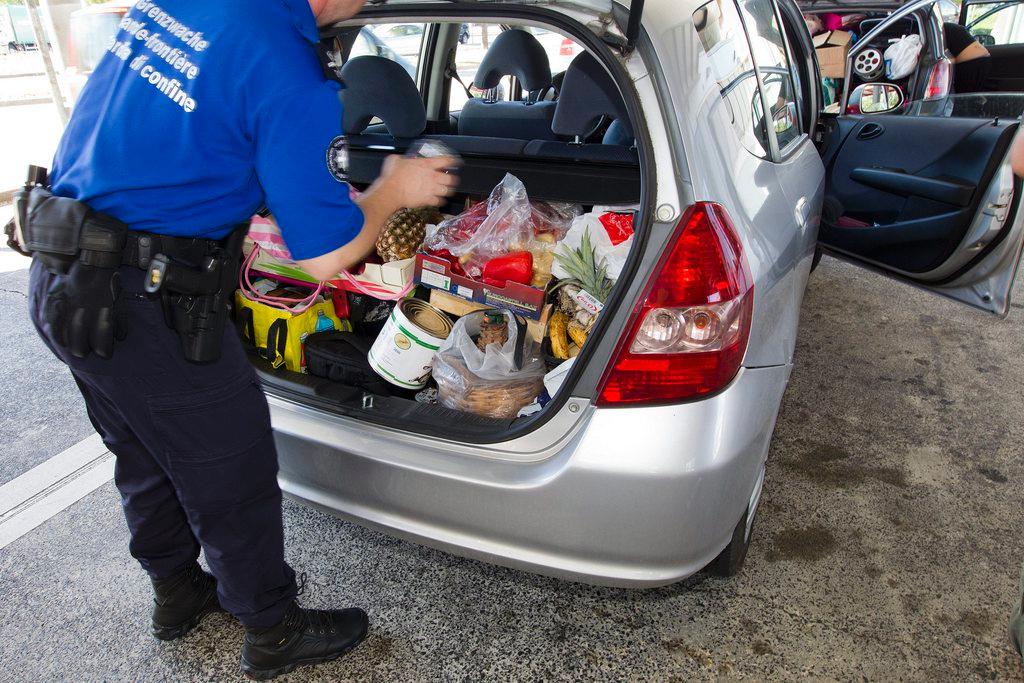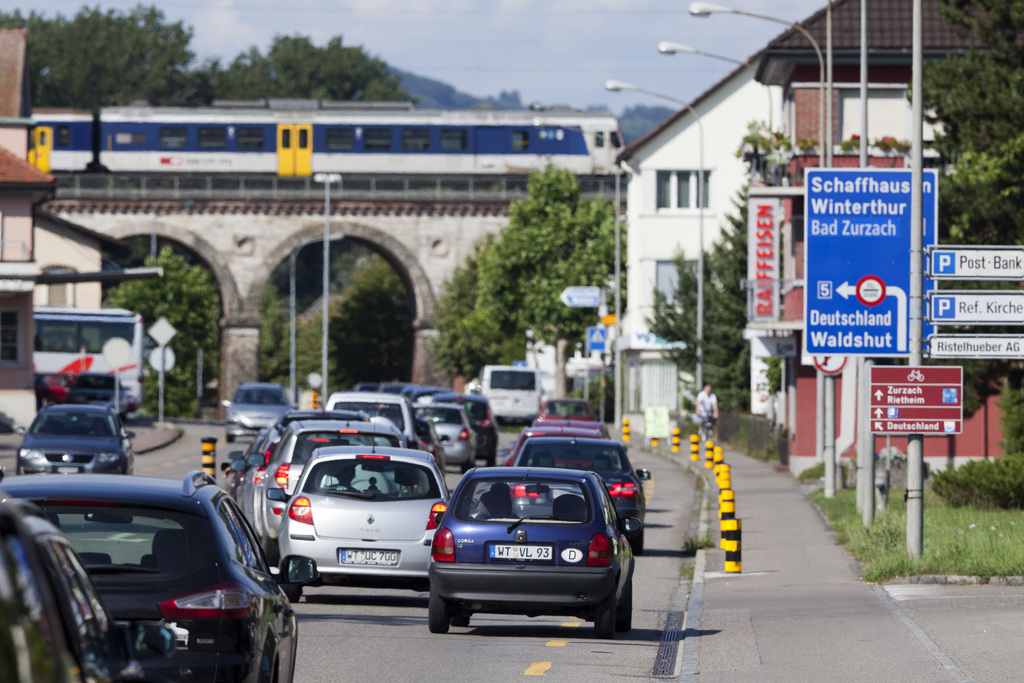‘High price island’ tag under attack

A bottle of Coca-Cola costs 40% more in Switzerland than in neighbouring Germany. If you like the taste of Parma ham from Italy, expect to pay five times more in the alpine nation than in the eurozone. Should the Swiss state intervene to bring down prices or should market forces prevail?
The Swiss pay CHF15 billion ($15.8 billion) more for household goods than their neighbours just across the border as a result of firms charging higher prices for the same products in Switzerland, according to the Consumer Protection Foundation.
A coalition of consumer rights groups, backed by the hospitality industry, is planning a people’s initiative to force the government to act against importers who ‘rip off’ the Swiss with exorbitant prices. This follows a parliamentary initiative, launched in September, that aims to reignite a revision of anti-cartel laws.
The debate over Swiss consumers paying more for the same product than in neighbouring countries has been simmering for years. But the franc’s sudden appreciation on January 15, when the Swiss National Bank abandoned its defence of the currency, has brought the ‘high price island’ issue under closer scrutiny.
The increased purchasing power of Swiss consumers and companies might reasonably be assumed to offset some of the problems of higher export and hotel prices (see graphic). But eurozone suppliers have long been wise to charging higher prices to the relatively wealthy Swiss.
In 2004, the government reported that Swiss companies could save CHF65 billion a year if they could access supplies at the same price as eurozone firms.
“If Swiss companies go to Germany to buy machine parts or tools we know that they are faced with suppliers who will charge a premium Swiss price,” Peter Dietrich, chief executive of the Swissmem lobby group, representing machine building, electronic engineering and metals manufacturers, told swissinfo.ch. “We always end up as the fall guys who have to pay more.”
Initiatives in the pipeline
Casimir Platzer, who heads the Swiss hotel and restaurant lobby group Gastrosuisse, fears that this problem will only get worse now that the franc has appreciated against the euro. He is spearheading a business and consumer group movement that is building momentum for a public initiative for “fair import prices”.
“It is unfair that Parma ham, for example, costs €10 (CHF10.7) per kilo in the eurozone but CHF50 in Switzerland,” he told the Tages-Anzeiger newspaper. Swiss anti-cartel laws are not robust enough to prevent foreign suppliers from charging unreasonable prices in Switzerland, he contends.
Platzer has not put a date on when the proposed initiative might appear and neither will he reveal more details about its text. But he claims that more and more industry branches are showing their support.
A long-running parliamentary project to update Switzerland’s cartel laws was voted down last year due to disagreements between politicians and other interested parties, such as various business groups. But Senator Hans Altherr launched a new parliamentary initiative in September that aims to encompass firms with a smaller market share than classic monopoly enterprises.
The Swiss Business Federation (economiesuisse) is far from convinced. The difficulty of accurately defining which companies would come under the scope of the revised law, combined with an abhorrence of yet more regulation, has turned the business lobby group against both initiatives.
“Price differentiation is a basic element of any market-oriented economy,” economiesuisse’s Thomas Pletscher told swissinfo.ch. “Any intervention by the state on price setting would be counter-productive in the long run.”
Consumers rule
The Swiss Competition Commission already has enough teeth to nip any anti-competitive sharp practice by monopolies in the bud, Pletscher added.

More
Franc highs send Swiss cross-border shopping
Toothpaste manufacturer Gaba International was fined in 2009 for preventing an Austrian customer from reselling its product in Switzerland. Two years later, Nikon was punished for impeding parallel imports, followed by BMW in 2012. Other investigations are in the pipeline.
The Association for Small and Medium Sized Enterprises has taken a similar line to economiesuisse while Swissmem’s Peter Dietrich is “not convinced” that regulations or laws are the best way to tackle high prices.
There is evidence that consumer prices have been falling since the SNB’s decision in January. High street shop windows have been festooned with special offer signs in the last few weeks and the big domestic retailers, having been criticised for failing to reduce prices in 2011 with the franc in ascendancy, are now falling over themselves to promote their bargains.
These actions have been in large part prompted by a boon in cross-border shopping tourism to eurozone neighbours, which is estimated to cost Swiss shops billions of francs in lost revenues a year. This is surely a sign that open competitive markets do work, critics of the initiatives say.
In addition, some Swiss SMEs are not taking the high cost of foreign supplies lying down. By banding together into single purchasing groups, they increase their bargaining power. There are even examples of SMEs setting up entities within the eurozone to masquerade as local buyers.
Regulations “necessary”
Nevertheless, Swiss price watchdog Stefan Meierhans believes that more should be done to prevent suppliers and middlemen from manipulating prices under the radar of the authorities.
“The regulatory route is the only path to tackling exorbitantly high prices in Switzerland,” he told swissinfo.ch. “It requires state intervention to guarantee that there is no distortion of competition in the market.”
“It is distortion of competition when a Swiss printer has only a slim chance of competing in Germany because the price of paper is 20% to 40% more expensive in Switzerland. Foreign suppliers are segmenting and slicing markets, and by so doing, forcing higher prices for their goods onto Swiss buyers.”
Why are prices so high in Switzerland?
There are several factors that have led to prices being so much higher in Switzerland than neighbouring countries.
High wages and rental costs also come into the equation. Many of Switzerland’s high end niche products demand a highly skilled, and thus highly paid, workforce. economisuisse’s Thomas Pletscher argues that Swiss firms pay a premium for having some of the most productive workers in around the globe and a world-beating vocational training system.
There are also technical barriers to trade across Swiss borders, which Switzerland has been chipping away at in recent years. The EU Cassis de Dijon principle (that allows products that are lawfully produced and marketed in one EU country to be sold unrestricted in another) was introduced in Switzerland in 2010. But a number of products was deliberately left off the list, including some medicinal, chemical and electrical goods. In addition, safety labelling must be provided in all three main Swiss languages, adding packaging costs.
Some theories are open to debate. One argument runs that Swiss consumers are more sensitive to quality than other countries. Even though Swiss consumers are open to bargains, they are still more inclined to pay extra in pursuit of expected higher standards.

In compliance with the JTI standards
More: SWI swissinfo.ch certified by the Journalism Trust Initiative












You can find an overview of ongoing debates with our journalists here . Please join us!
If you want to start a conversation about a topic raised in this article or want to report factual errors, email us at english@swissinfo.ch.